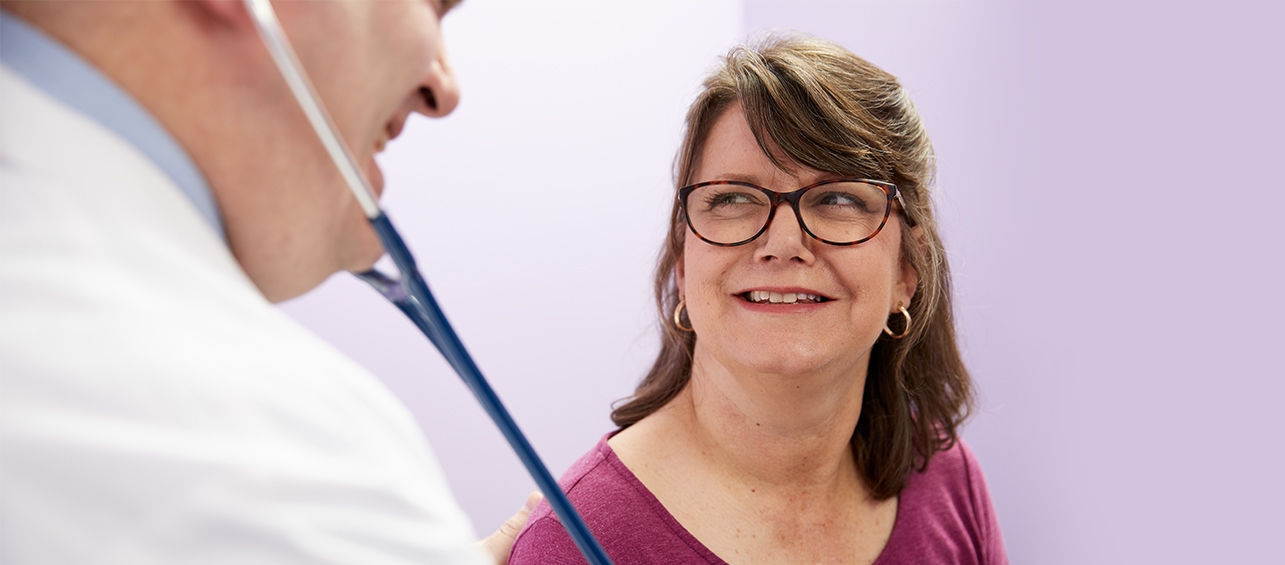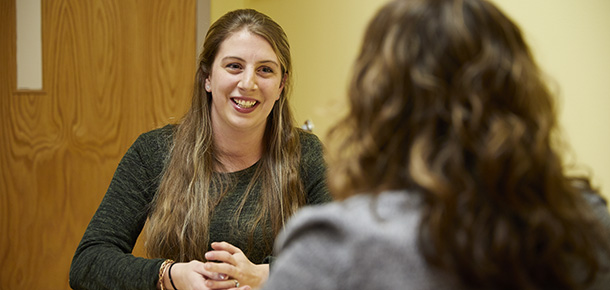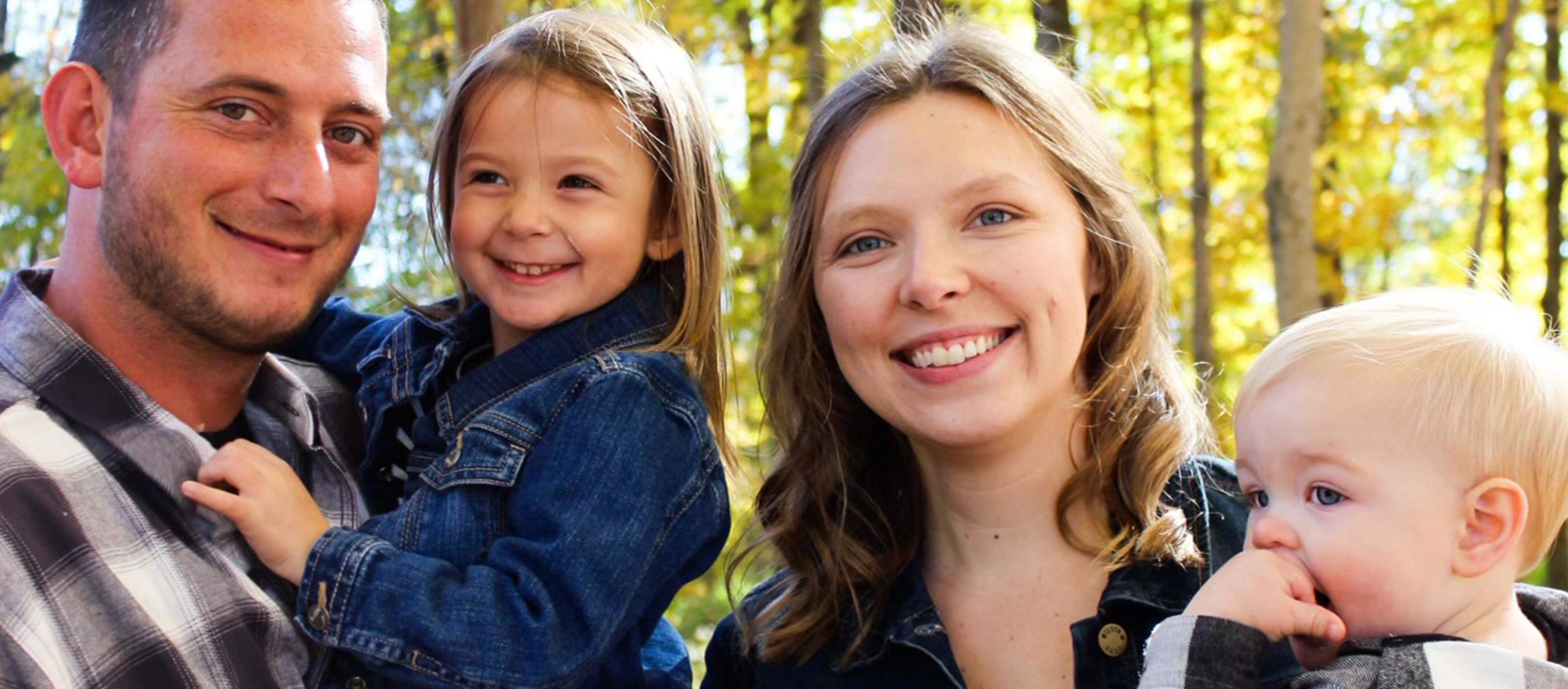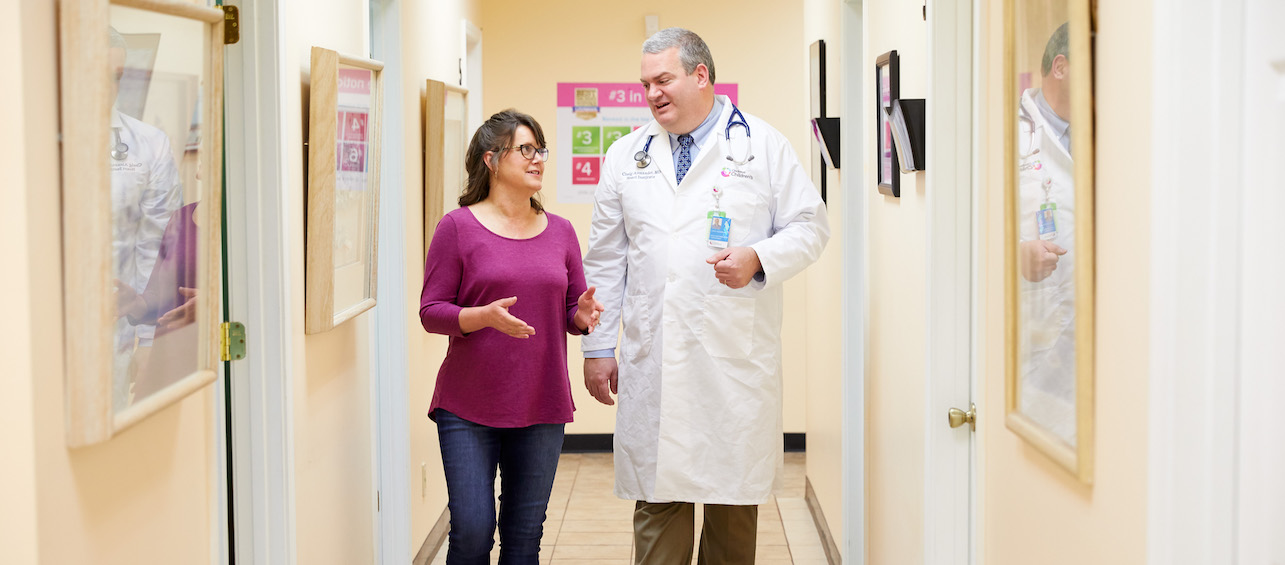Are you an adult who was born with a heart defect? If so, do you still see a specialist for heart care? Many adults in this situation don’t have a cardiologist, or don’t know they need one. They do.
Adults who were born with a heart defect as a baby and have grown into teenagers and adults have a condition known as adult congenital heart disease, or ACHD. For reference, about 1 in 100 babies are born with a congenital heart defect (CHD) each year.
What Being Lost to Care Means
In the United States, less than 20% of adults born with a heart defect are estimated to still be receiving the specialist care they need. The medical community refers to this as being “lost to care.”
In other words, a very large number of patients with congenital heart disease are lost to care.
And a large proportion of those lost to care – if not the majority – need to see a cardiologist who has training in congenital heart disease at least once in their lifetime (and maybe more, depending on their condition). This is because CHD-related issues are very different than typical adult heart problems. More importantly, patients are nearly three times as likely to live longer under the care of congenital heart specialists and surgeons.
Frequently ACHD patients need to see two cardiologists: one who can provide for the congenital heart disease needs and the other for their more general cardiology needs. This is so important that national patient organizations and national medical institutions have begun recognizing specific centers and cardiologists through a nationwide accreditation process. The Cincinnati Children’s ACHD Program was one of the first programs to achieve this accreditation.
You might be wondering how these folks have become lost to care in the first place. It typically happens between ages 15-30. We have found that by age 12, one-third of patients are lost to follow-up; by age 17 half are lost to follow-up; and by age 22 more than two-thirds are not being followed by a cardiologist trained in congenital heart disease.
There are a few reasons why we think patients become lost to care:
-
They think they were “cured” in early childhood and have felt fine since
In early childhood, when these patients had their congenital heart defect surgically repaired, the surgeon told them their child was “repaired,” “corrected” or even “fixed.” When their parents heard this, they might have thought that their child was “cured.” Over time, as their child continued to feel fine, it stopped being top of mind.
-
They got older and lost their medical follow-up
This problem is not unique to patients with congenital heart disease. As patients with well-managed childhood conditions grow into their teenage years, and especially when they go off to college, their health takes a back seat to the new changes in their life. They move away and they might not see a doctor for their childhood condition for four or more years.
-
They got older and don’t want to think about their heart condition
Some young people, especially teenagers, don’t want to be different from their peers. They don’t want to take their medications and don’t want to do anything – like go to appointments and have diagnostic tests – that remind them of their congenital heart defect.
-
They see a doctor, but not the right one
I think there is sometimes an expectation that all doctors should know and recognize what conditions people have. But the reality is that not all physicians or cardiologists are trained in congenital heart disease. It’s imperative to find one who has been.
-
They know they have a scar, but that’s it
From my point of view, this is the scariest scenario of them all, and it happens frequently. These folks know they have a scar on either their chest, under the armpit, or under their shoulder blade on their back. They don’t know any more, other than they had a surgery when they were very young. And for any of the reasons above, they stopped seeing a doctor for it.
The importance of seeing a cardiologist trained in congenital heart disease
We can loosely compare heart specialists to house repairs. While both roofers and plumbers know how to work on houses, you wouldn’t hire a roofer to fix a leaky pipe. In the same way, while two doctors are trained to look after hearts, one may be more specifically trained to care for individuals who were born with heart disease. The other is trained to care for patients who develop heart disease later in life.
Regular follow-up appointments – once a year or every other year, depending on the condition – are imperative. As a repaired heart from early childhood grows and adapts through life, negative consequences can take place, such as heart rhythm disturbances, leaky valves, strokes, obstruction, or even heart failure.
We know the relationship patients have with their primary care provider is important. That’s why we keep in close communication with referring physicians and primary care providers to ensure the best possible care.
Heart Deterioration Can be Prevented if caught early
This type of heart deterioration does not happen overnight. The changes happen in small, subtle ways, and they can be prevented if caught early with physical evaluations, diagnostic testing and imaging, and addressing the problems early.
The problem is that people don’t notice the small subtle changes in their heart – they only notice the catastrophic changes like when they’re short of breath, their heart races uncontrollably, or they swell up with fluid accumulation in their legs or abdomen. At this point the heart disease, while still treatable, has often advanced significantly.
However, if deterioration in heart function is caught early, some of the therapies to prevent the catastrophic side effects from happening can be instituted such as specific medicines, pacemakers, cardiac catheter-based treatments and sometimes surgery.
This issue of patients with congenital heart disease being “lost to care” is a world-wide problem, but it’s especially prevalent in the United States.
But the good news is that no one has to be lost to care. With good old-fashioned awareness spreading and word of mouth, we can treat these patients sooner and prevent them from having irreversible and potentially catastrophic damage to their hearts.
Read Next: How do you know if you are lost to care? This blog post provides questions to ask that could help you determine if you were born with a heart condition and are now lost to care.






Hello my name is David my diagnosis is (this is from my doc at UofM) situs inversus totalis, atrioventricular discordance, ventriculoarterial discordance, (D-TGA), dextrocardia, and ASD that was repaired at the age of 17
he also wrote this “this is a variation of congenitally corrected transposition with the morphologic right ventricle serving the systemic ventricle role.
After I had my ASD repaired and I went for check ups my doctors would always say “why are you here you are fine”. In Feb of 2014 I developed Dbl Pneumonia and things went down hill from there and no one could figure out why. Then I went to see a ACHD doctor at the university of Michigan and he discovered my Tricuspid valve was leaking at a moderate to severe state and needed to be replaced. Well on June 6TH of this year I had my second OHS and I now feel Great.